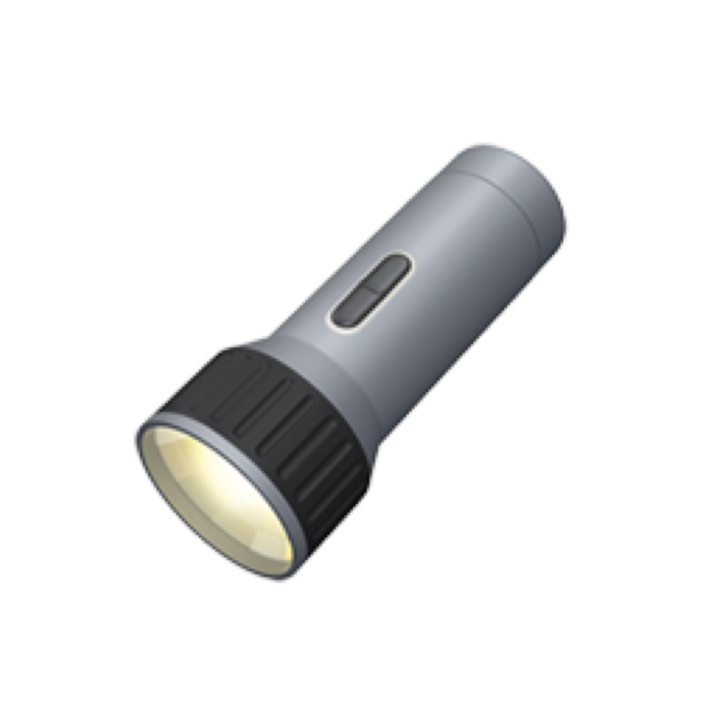BMW 7 SERIES (2015-19)

Buyer's Guide & Data from our Checks
The BMW 7 Series (2015-19) is a luxury saloon known for its sleek design, high-quality interior, and advanced features. It holds a prominent spot in the UK market among executive cars, appealing to those seeking comfort, prestige, and state-of-the-art technology. Based on data from mycarcheck.com, over 10,000 checks have been carried out on this model, with more than 3,200 different VINs recorded, indicating its popularity and widespread use. The average private sale value is around £24,800, with typical mileages of about 63,000 miles, and most owners keep the car around two years.
This model is best suited for professionals, executives, and those who value a smooth, comfortable driving experience combined with luxury features. Its spacious interior and sophisticated ride make it ideal for commuting, long-distance travel, or chauffeur-driven use. The BMW 7 Series is recognized for its refined handling, impressive engine options, and cutting-edge safety features, making it stand out among rivals like the Mercedes S-Class or Audi A8.
What makes the BMW 7 Series (2015-19) notable is its perfect blend of performance, luxury, and innovation. It offers a prestigious image and a driving experience that’s both smooth and confident. Compared to other executive cars, it’s praised for reliability, a well-appointed interior, and high-tech amenities. These qualities contribute to its reputation as a top choice in the luxury saloon segment for used car buyers in the UK.
Key Findings
The following statistics are drawn from our checks of 3,234 different vehicles, run between February 17th 2021 and December 31st 2025. These real-world insights provide context for this vehicle's place in the market, as well as its typical usage.
10,307
Lookups
Lookups
537
Hidden Histories
Hidden Histories
70k
Average Mileage
Average Mileage
£24,800
Average Valuation
Average Valuation












